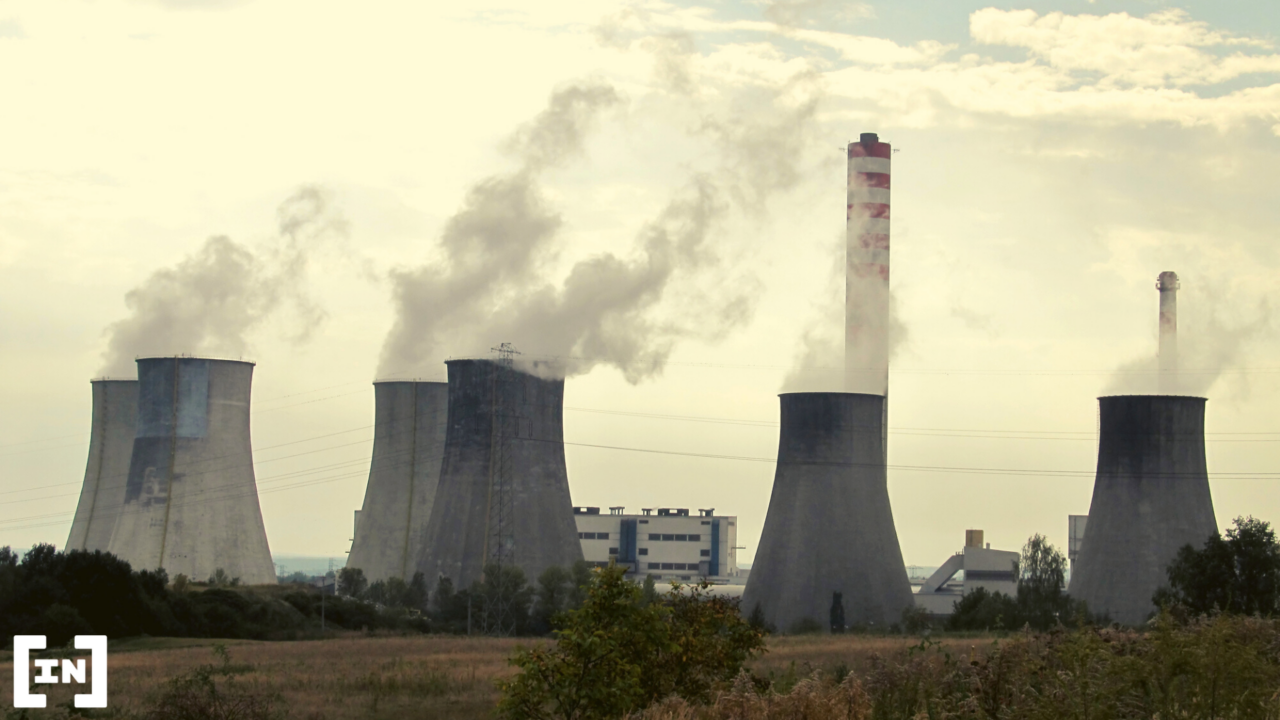

Back in March, the Environmental Conservation Committee of the New York State Assembly has voted to put forth a two-year moratorium bill on PoW authentication methods for blockchain crypto mining, for power plants that generate their own electricity using carbon-based fuels.
Over the years, crypto mining operations have started appearing throughout New York, including the Finger Lakes region. A new strategy conceived by mining companies doing business in New York state involves resurrecting decommissioned fossil-fuel plants.
Greenidge Generation power plants
With 17,000 miners already in service, Greenidge Generation operates a (now) natural gas powered power plant and a Bitcoin mining facility, with its plans to build four new buildings on the property. The power plant has continued to present significant environmental concerns because of its potential environmental impact on the lake, as well as air quality in the area. The power plant now uses a maximum of 44 MW for ASICs, drawing consternation from sustainability advocates and New York legislators.
Consequently, Greenidge’s actions have prompted a new Assembly bill to place a two-year moratorium on PoW authentication methods for blockchain crypto mining, for operations such as power plants that generate their own electricity using carbon-based fuels.
According to the Assembly bill, proof-of-work cryptocurrency mining operations increase the amount of energy usage across the state, and go against the state’s energy and climate goals under the Climate Leadership and Community Protection Act (CLCPA). That Act requires that statewide, greenhouse gas emissions be reduced 85% by 2050, and the state has net zero emissions in all sectors of the economy by that time.
Moving away from fossil fuels
Greenidge recently applied for an air-quality permit renewal from New York’s Department of Environmental Conservation. Kelles’ new bill seeks to block the issuance of new air-quality permits for crypto mining.
“We’re trying to move away from burning fossil fuels. Resurrecting an old power plant in the middle of that doesn’t make sense,” said Yvonne Taylor, a member from an environmental group dedicated to protecting lakes in the region.
The new bill has been opposed by power producers and crypto industry representatives in the state, who believe that a separate bill to create a task force to understand the industry better, passed by the state Assembly last month, would be more constructive.
The new bill has not been slated for a floor vote by the environmental conservation committee chamber.
Many crypto institutions have begun lobbying to impact state regulations without coherent federal legislation, including the Blockchain Association and the Blockchain Industry Coalition. They have been granted official permission to lobby in the New York state capital Albany.
“We view the battle going on in New York right now as a litmus test of what other states may do,” noted Kyle Schneps of Foundry Digital LLC.”
Key to bitcoin mining profitability
The profitability of bitcoin mining depends on the availability of cheap electricity, the pursuit of which has given birth to numerous energy procurement strategies. Some miners ship their gear to countries or regions with low-priced electricity, putting strain on aging infrastructure and causing their own expulsion from the area.
Deregulated grids, such as those found in Texas, also attract miners to the US. Harnessing stranded gas has also been pitched as a way to use otherwise unusable energy to generate revenue.
What do you think about this subject? Write to us and tell us!
Disclaimer
All the information contained on our website is published in good faith and for general information purposes only. Any action the reader takes upon the information found on our website is strictly at their own risk.

Leave a Reply